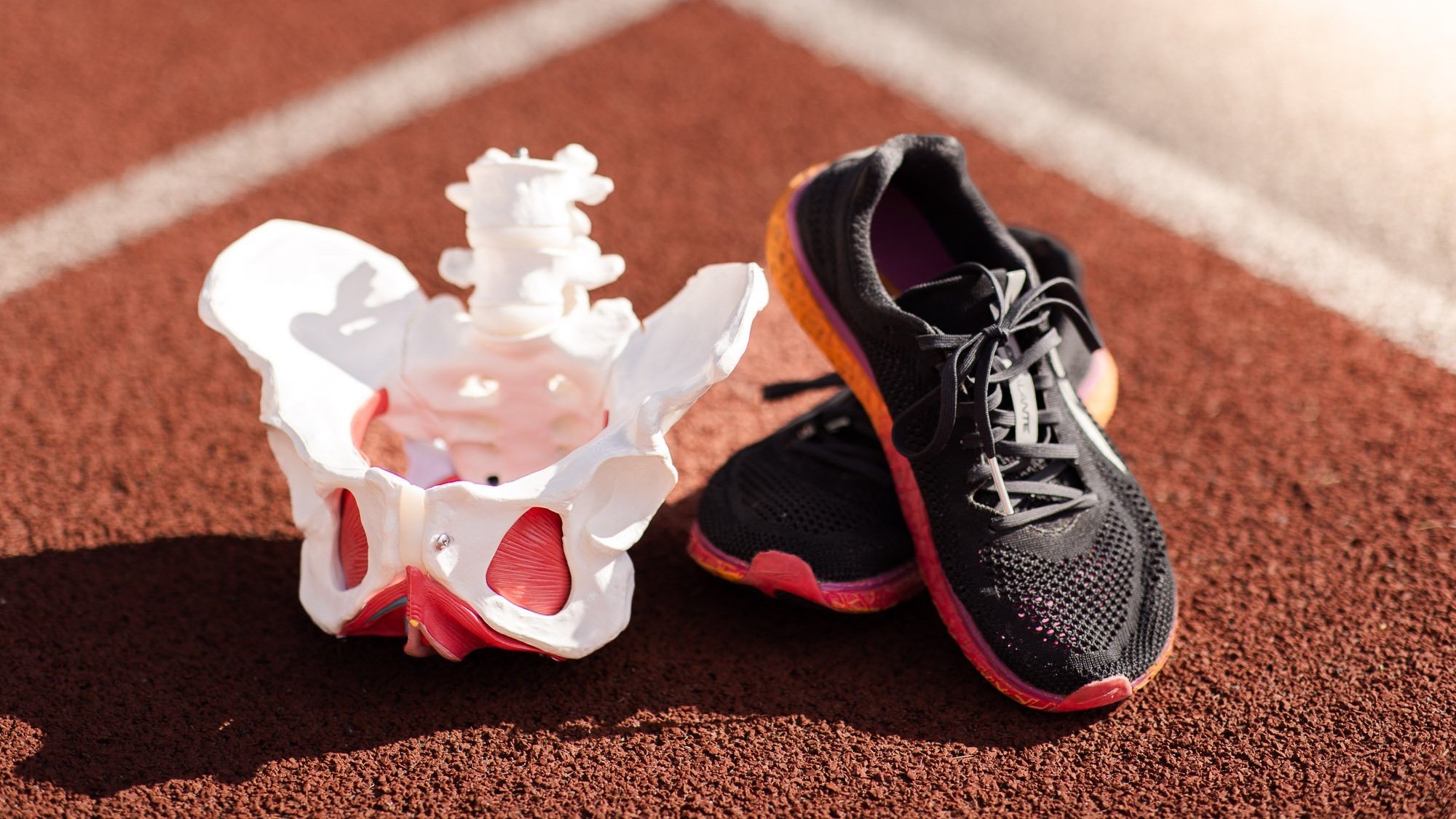
Bea Francisco, BKin, MSc, MPT
Bea’s drive is to help others achieve healthier versions of themselves through movement and exercise!
Combining her unique backgrounds in high performance sport (UBC Varsity and Canadian National Field Hockey Team Goalkeeper), neuroscience research and clinical experience, she aims to “act as a coach” by guiding you on your rehabilitation journey using up to date, science-based treatment approaches.
Bea is particularly interested in women’s health and has taken post-graduate training in pelvic health, assessing and treating runners, and treating the female athlete.
Her treatment approach uses a combination of education, exercise prescription, hands-on therapy, and IMS.
Education
Bachelor of Kinesiology - University of British Columbia
Master of Science - Rehabilitation Sciences
(neuroscience & motor learning) - University of British Columbia
Master of Physical Therapy - University of British Columbia
Affiliations
Registered Physiotherapist - College of Physical Therapists of British Columbia
Member - Physiotherapy Association of British Columbia
Member - Canadian Physiotherapy Association
Certified Healthcare Professional, Scientific Writer & Content Creator - The Running Clinic
Physiotherapist and Co-Founder, MoveMed Physiotherapy (Kelowna, BC)
Clinical Instructor, Faculty of Medicine, University of British Columbia
Continuing Education
Bea has taken additional post-graduate training in the following areas:
Running Assessments and Injury Management (The Running Clinic)
Pelvic Health/Pelvic Floor Physiotherapy (Pelvic Health Solutions, Antony Lo, Julie Wiebe)
Dry-Needling / Intramuscular Stimulation (IMS) (Foundations Health Education: AN-IMS)
Vestibular conditions/dizziness (Bernard Tonks)
Osteoarthritis prevention and management (UBC SOAR Program)
Coaching techniques (Motivational Interviewing)
Manual (hands-on) therapy (Mulligans, Orthopaedic Division Level 1)
Indigenous Cultural Safety (Sanyas)
Publications
Neurophysiological effects of acute aerobic exercise in young adults: a systematic review and meta-analysis. Youssef L, Harroum N, Francisco BA, Johnson L, Arvisais D, Pageaux B, Romain AJ, Hayward KS, Neva JL. Neurosci Biobehav Rev. 2024 Sep:164:105811.
A Qualitative Study of Rehabilitation Professionals’ Practices to Define the Prescence of Arm Morbidity After Breast Cancer Surgery. Francisco BA, Zadravec K, Edwards AN, Warren A, Johnson KA, Dau C, Rafn BS, Campbell KL. Rehab Oncol 2024;42:39-46.
The influence of an acute bout of moderate-intensity cycling exercise on sensorimotor integration. Brown KE, Neva JL, Mang CS, Chau B, Chiu LK, Francisco BA, Staines WR, Boyd LA.Eur J Neurosci. 2020 Dec;52(12):4779-4790. doi: 10.1111/ejn.14909. Epub 2020 Aug 9.PMID: 32692429
Cortical processing of irrelevant somatosensory information from the leg is altered by attention during early movement preparation. Peters S, Brown KE, Garland SJ, Staines WR, Handy TC, Francisco BA, Boyd LA.Brain Res. 2019 Mar 15;1707:45-53. doi: 10.1016/j.brainres.2018.11.027. Epub 2018 Nov 20.PMID: 30468723
Bilateral Motor Cortex Plasticity in Individuals With Chronic Stroke, Induced by Paired Associative Stimulation. Ferris JK, Neva JL, Francisco BA, Boyd LA.Neurorehabil Neural Repair. 2018 Aug;32(8):671-681. doi: 10.1177/1545968318785043. Epub 2018 Jul 4.PMID: 29969936
An acute bout of exercise modulates both intracortical and interhemispheric excitability. Neva JL, Brown KE, Mang CS, Francisco BA, Boyd LA.Eur J Neurosci. 2017 May;45(10):1343-1355. doi: 10.1111/ejn.13569. Epub 2017 Apr 24.PMID: 28370664


